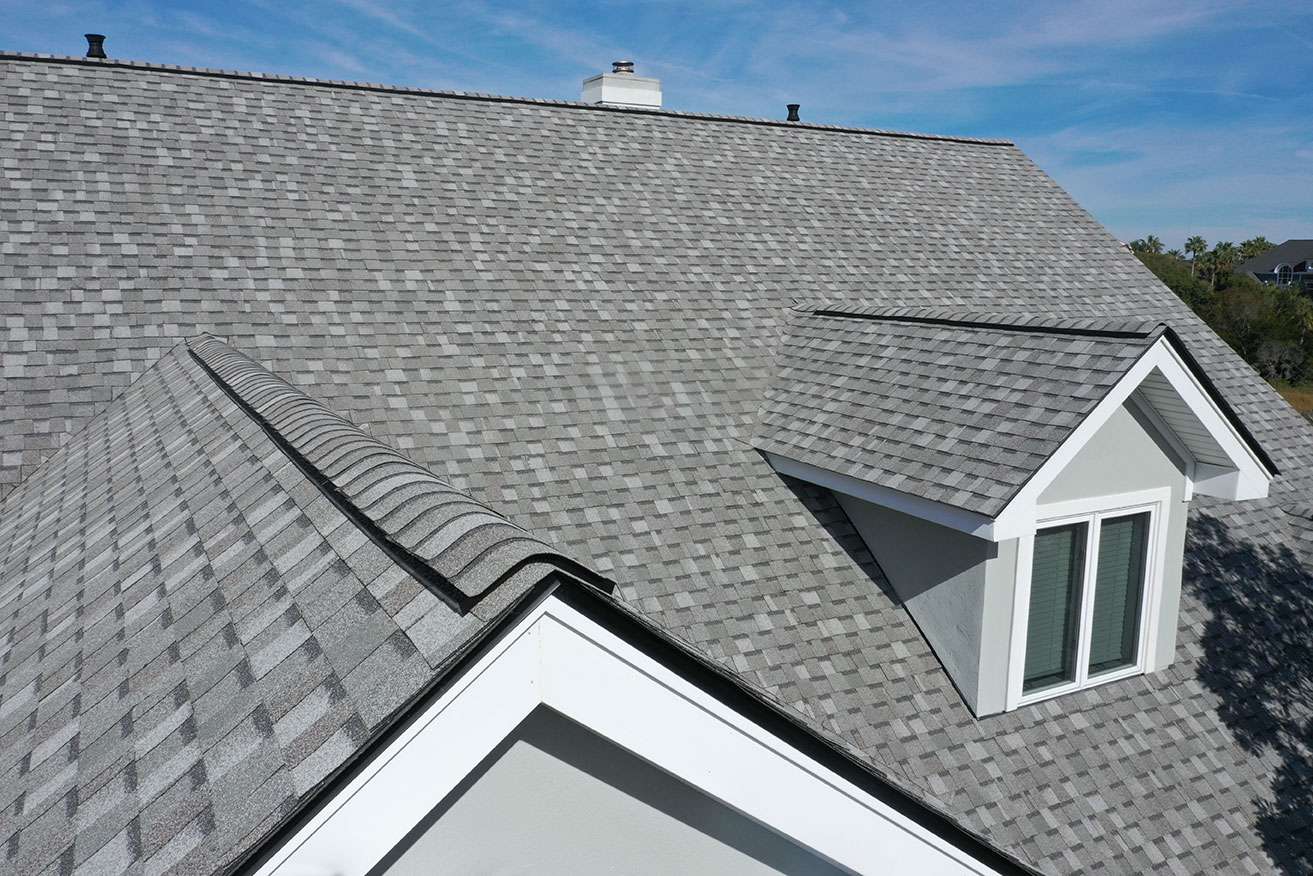Replacing a residential roof in the Houston area involves several considerations due to the region’s specific weather conditions, such as high heat, humidity, and occasional hurricanes. Here’s a guide to help you through the process:
Considerations for Roof Replacement in the Greater Houston area
- Climate Suitability:
- Choose materials that can withstand Houston’s heat, humidity, and storms.
- Consider impact-resistant materials due to the possibility of hail.
- Roofing Materials:
- Asphalt Shingles: Popular and cost-effective, with good heat resistance.
- Metal Roofing: Durable, energy-efficient, and excellent for reflecting heat.
- Tile Roofing: Long-lasting and heat-resistant but heavy and more expensive.
- Slate Roofing: Extremely durable and aesthetically pleasing, but very heavy and costly.
- Wood Shingles/Shakes: Attractive but require more maintenance and are less fire-resistant.
- Energy Efficiency:
- Reflective roofing materials can help reduce cooling costs.
- Consider materials with good insulation properties to keep your home cool.
- Wind and Impact Resistance:
- Ensure materials meet local building codes for wind and impact resistance.
- Look for Class 4 impact resistance ratings and high wind resistance ratings.
Steps to Replace a Roof
- Assessment:
- Inspect the roof to determine the extent of the damage and the need for replacement.
- Consider getting a professional roof inspection.
- Budgeting:
- Set a budget considering the cost of materials, labor, permits, and potential unexpected repairs.
- Research and Selection:
- Research local roofing contractors and materials.
- Obtain multiple quotes and compare prices, services, and warranties.
- Hire a Professional:
- Choose a reputable contractor with good reviews and proper licensing.
- Verify their insurance coverage and ask for references.
- Permits and Regulations:
- Ensure compliance with local building codes and obtain necessary permits.
- Check for HOA regulations if applicable.
- Roof Installation:
- Schedule the installation at a convenient time.
- Prepare your home by clearing the area around the house and ensuring easy access for the workers.
- Post-Installation:
- Inspect the completed work to ensure it meets your expectations.
- Make sure all debris is cleaned up and all roofing systems (e.g., gutters, vents) are functioning properly.
